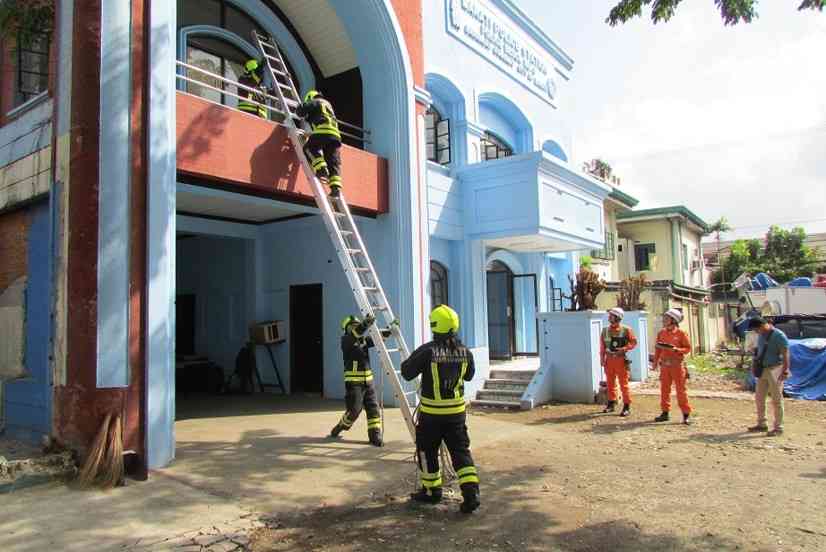Makati First Responder's Training through City-to-City Cooperation
This city-to-city cooperation initiative between Yokohama and Makati transferred the necessary practical skills to effectively and efficiently manage the response tactics of the first responders of Makati. The training was conducted in both Yokohama and Makati for two years.
Description
This training was initiated in response to the request from Makati City Government to the City of Yokohama to enhance the skills and response tactics of the first responders of Makati. The objective of this training of trainers was as follows:
1. Establish a technical training program for DRR through capacity-building activities.
2. Support the capacity-building process of the trainers.
3. Actively share knowledge and conduct research for advancing DRR.
Did the Sendai Framework change or contribute to changes in your activities/organization? If so, how?
Realizing the need to expand partnerships and collaboration to improve technical capacity, CityNet promotes city-to-city cooperation particularly when the need is for improving local government capacities. The Sendai Framework helped develop programs that can deliver results for the concerned cities to align with their national DRR objectives as well as the global agenda.
What led you to make this commitment/initiative?
What was your position before making this Voluntary Commitment / prior to the Sendai Framework?
This activity was developed after receiving a request from Makati City Government to train their first responders. As this was part of the CityNet disaster cluster-related program, a city-to-city training program was arranged with the Yokohama Fire Bureau. CityNet has been supporting such city-to-city cooperation activities in many other areas.
Deliverables and Progress report
Deliverables
Deliverables are the end-products of the initiative/commitment, which can include issuance of publications or knowledge products, outcomes of workshops, training programs, videos, links, photographs, etc.
This ToT enabled the first responders of Makati to enhance their technical skills to minimize the rescue operation time and raise the safety standards while conducting the operation. Yokohama Fire Bureau provided the training at their training academy in Yokohama as well as in Makati city for two years starting with the assessment of the personnel skills and designing the training with available equipment. The basic training included the usage of static ropes, ladders, breathing apparatus, and managing safety among others. The training received from Yokohama has since been replicated in Makati for other firefighters through the trained personnel.
Organizations and focal points
Implementing Organization(s)
Focal points
